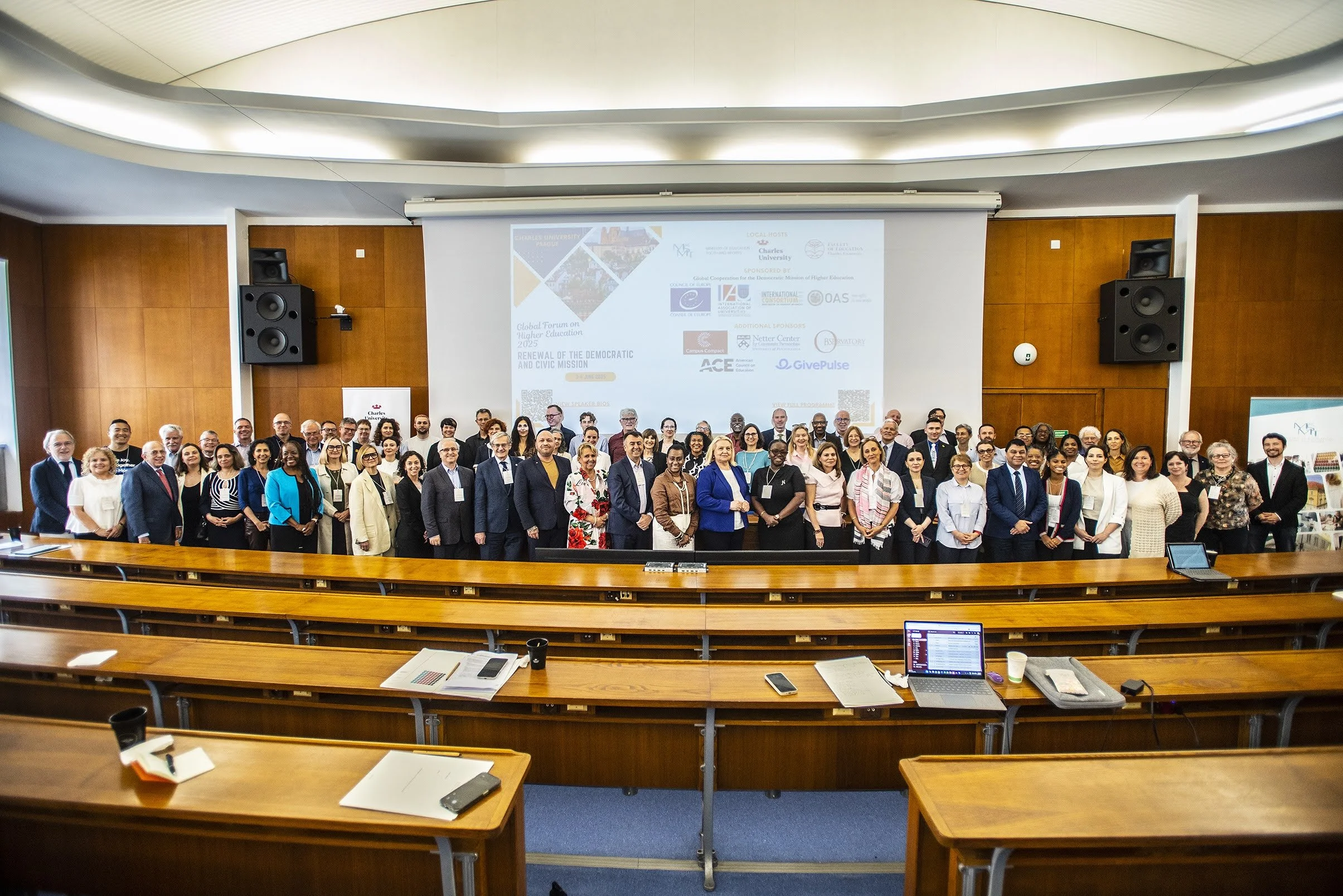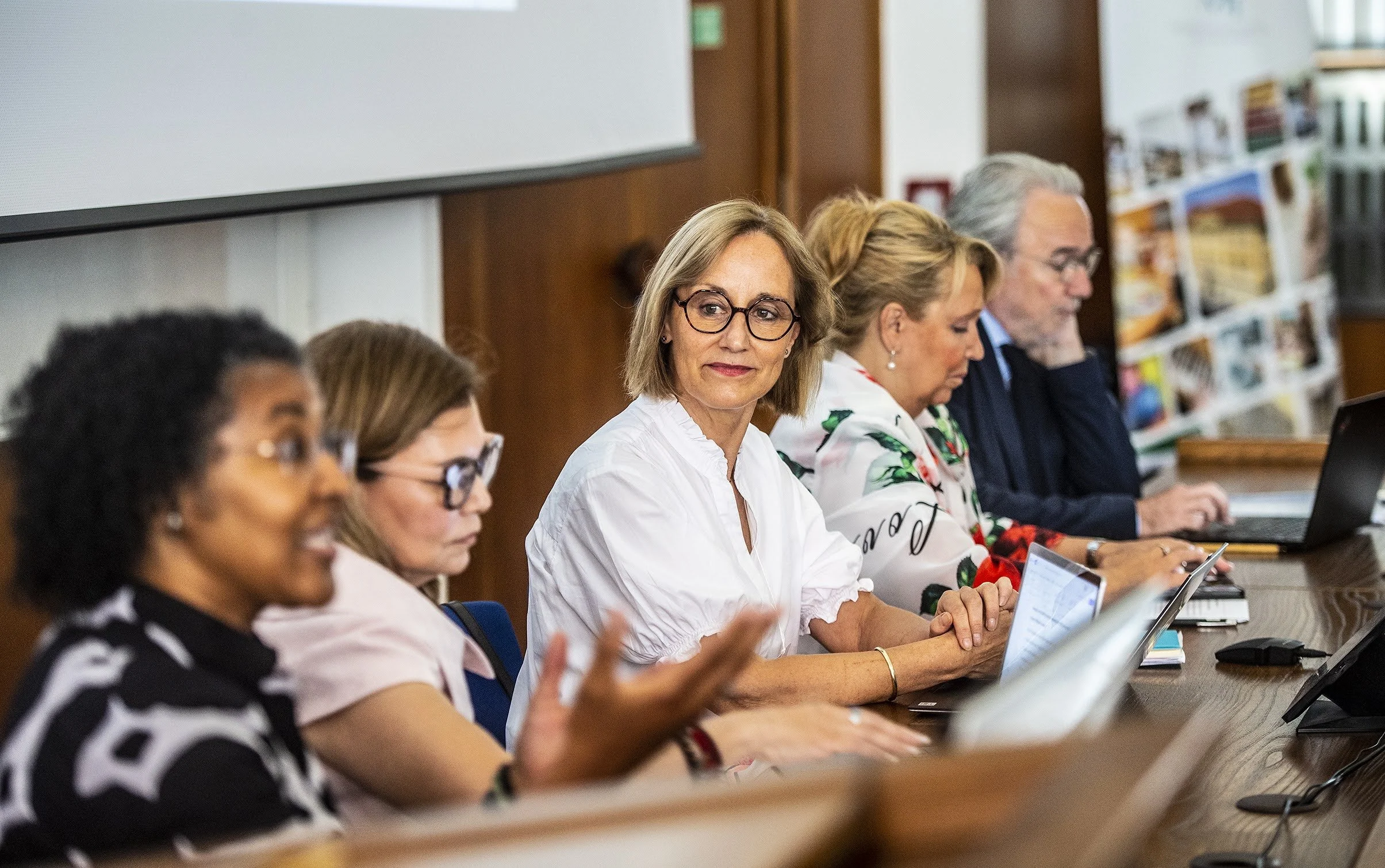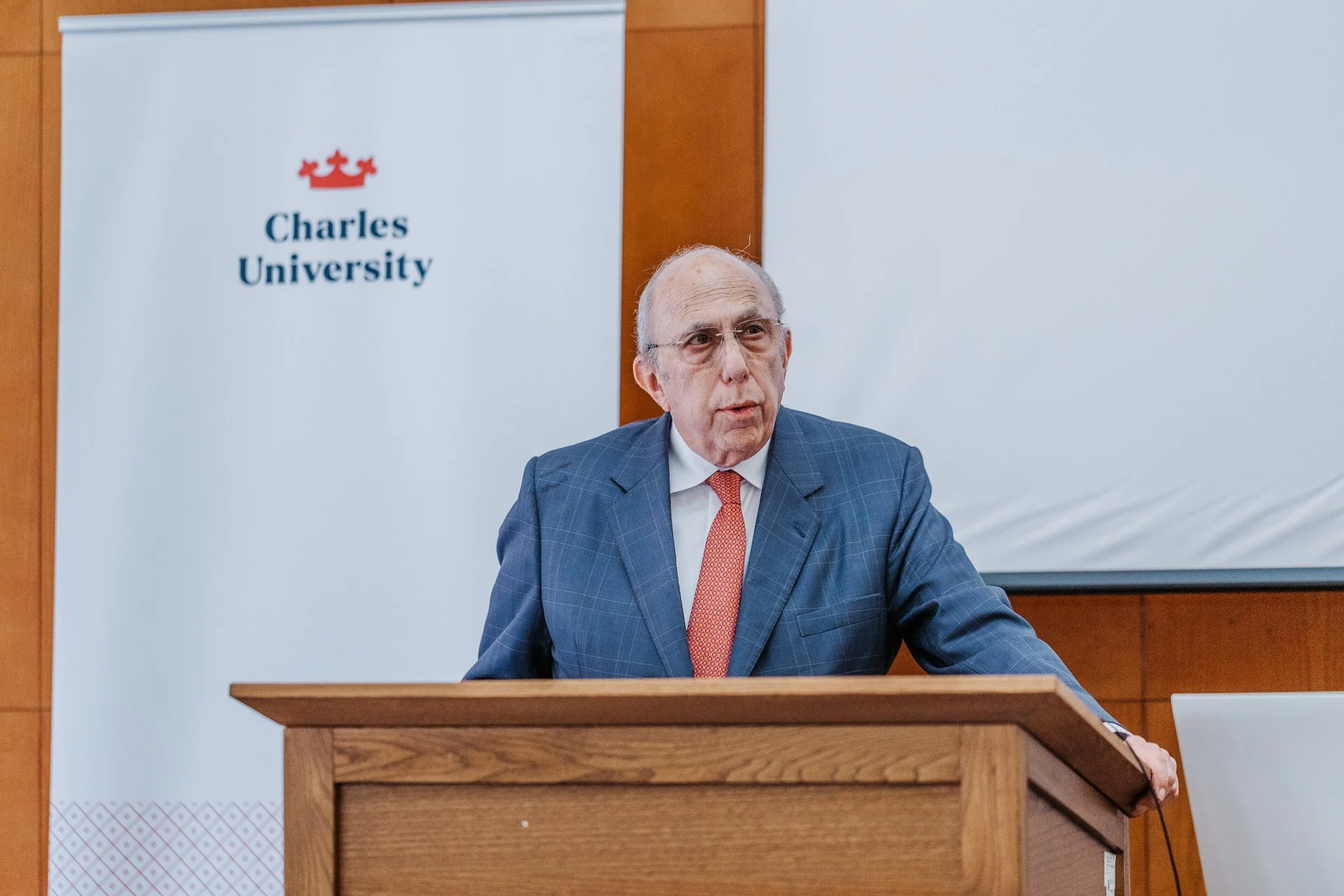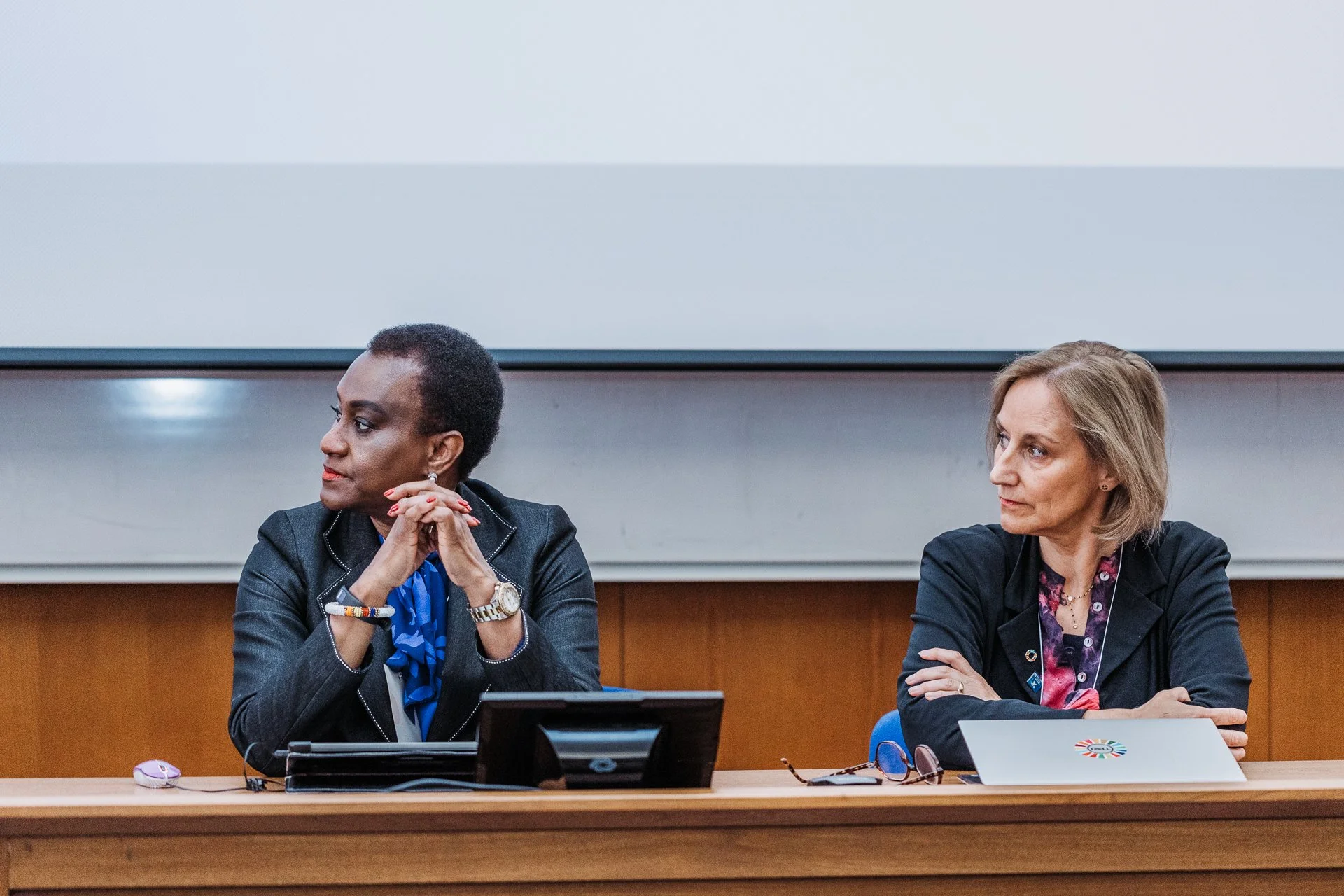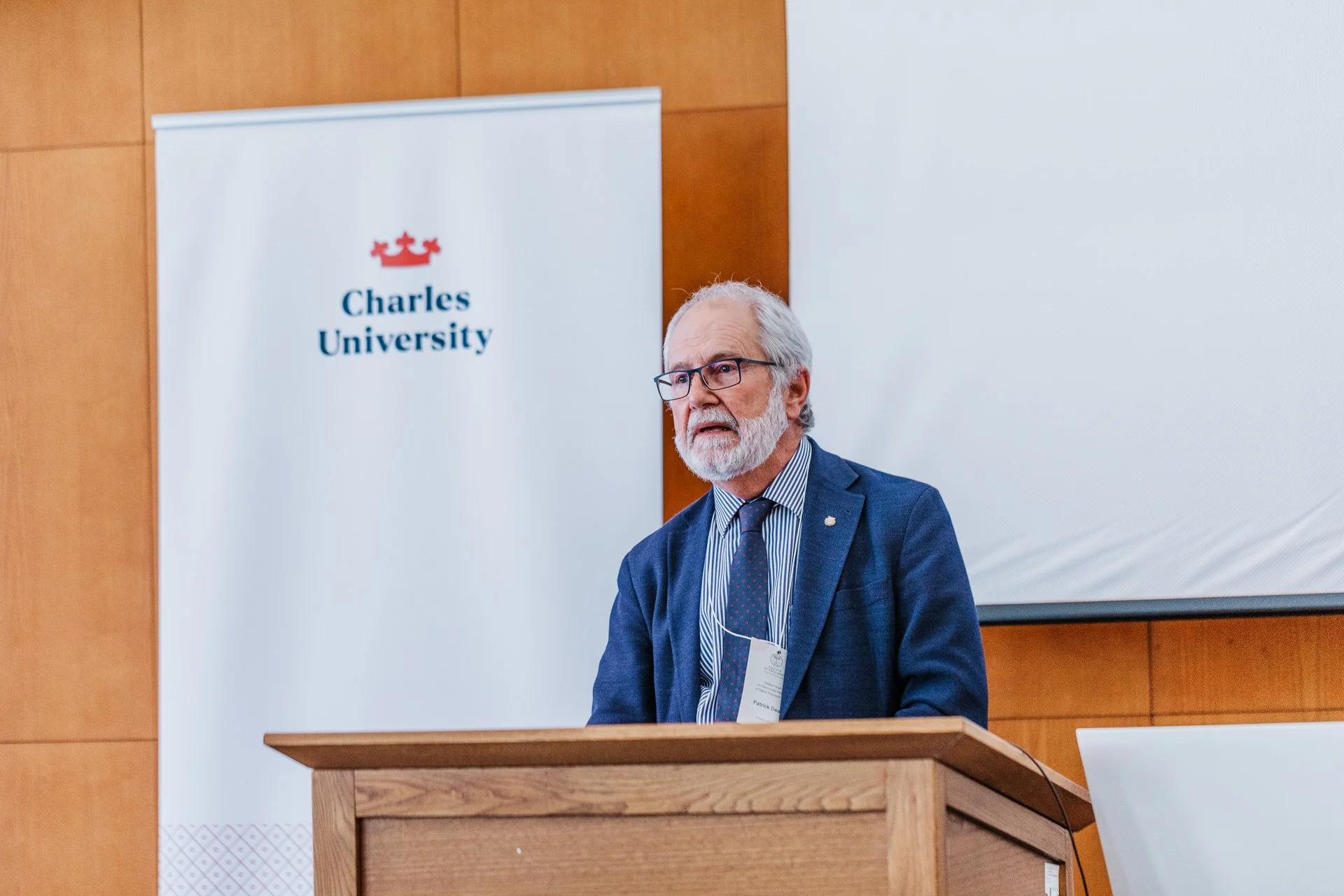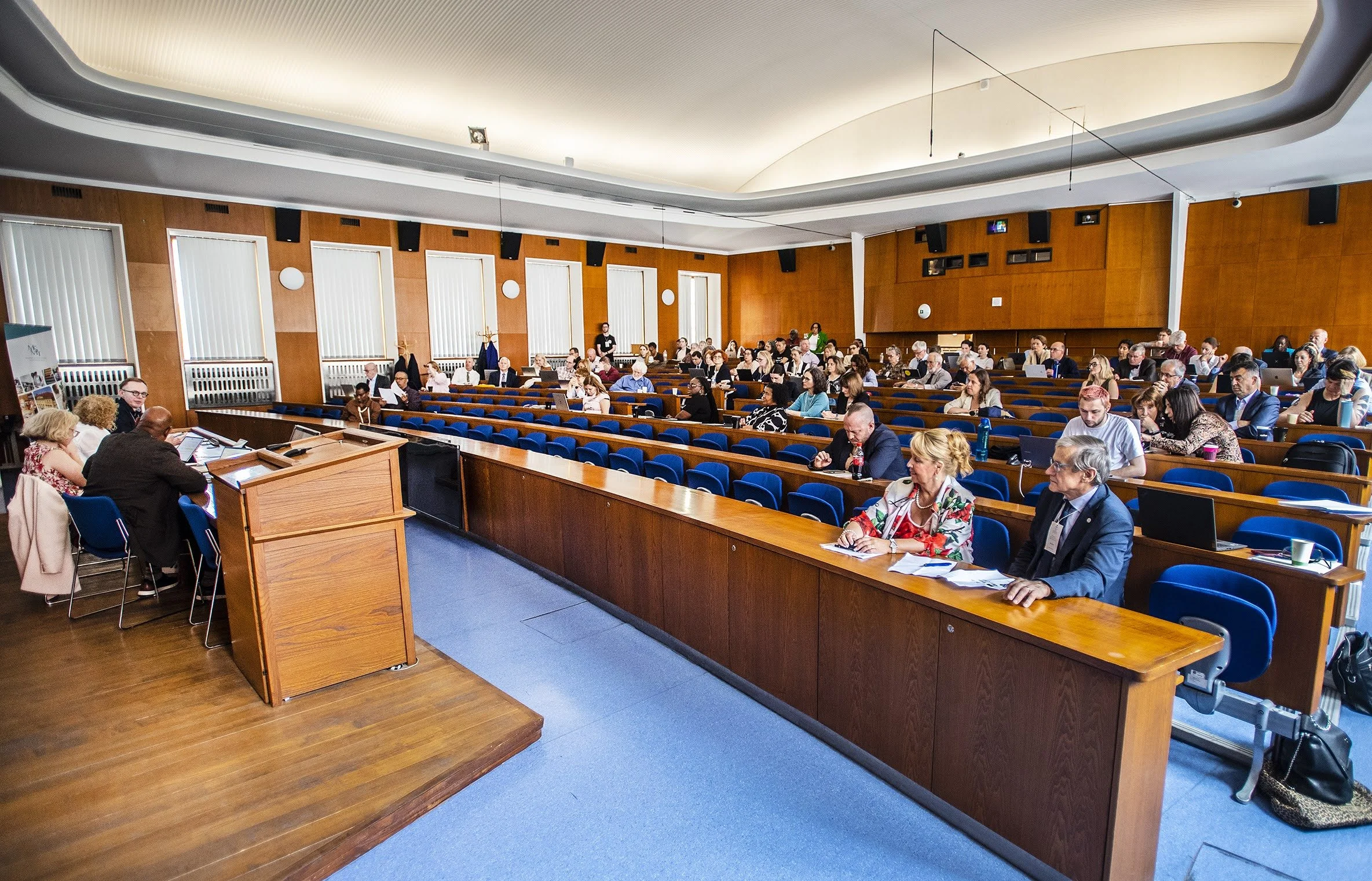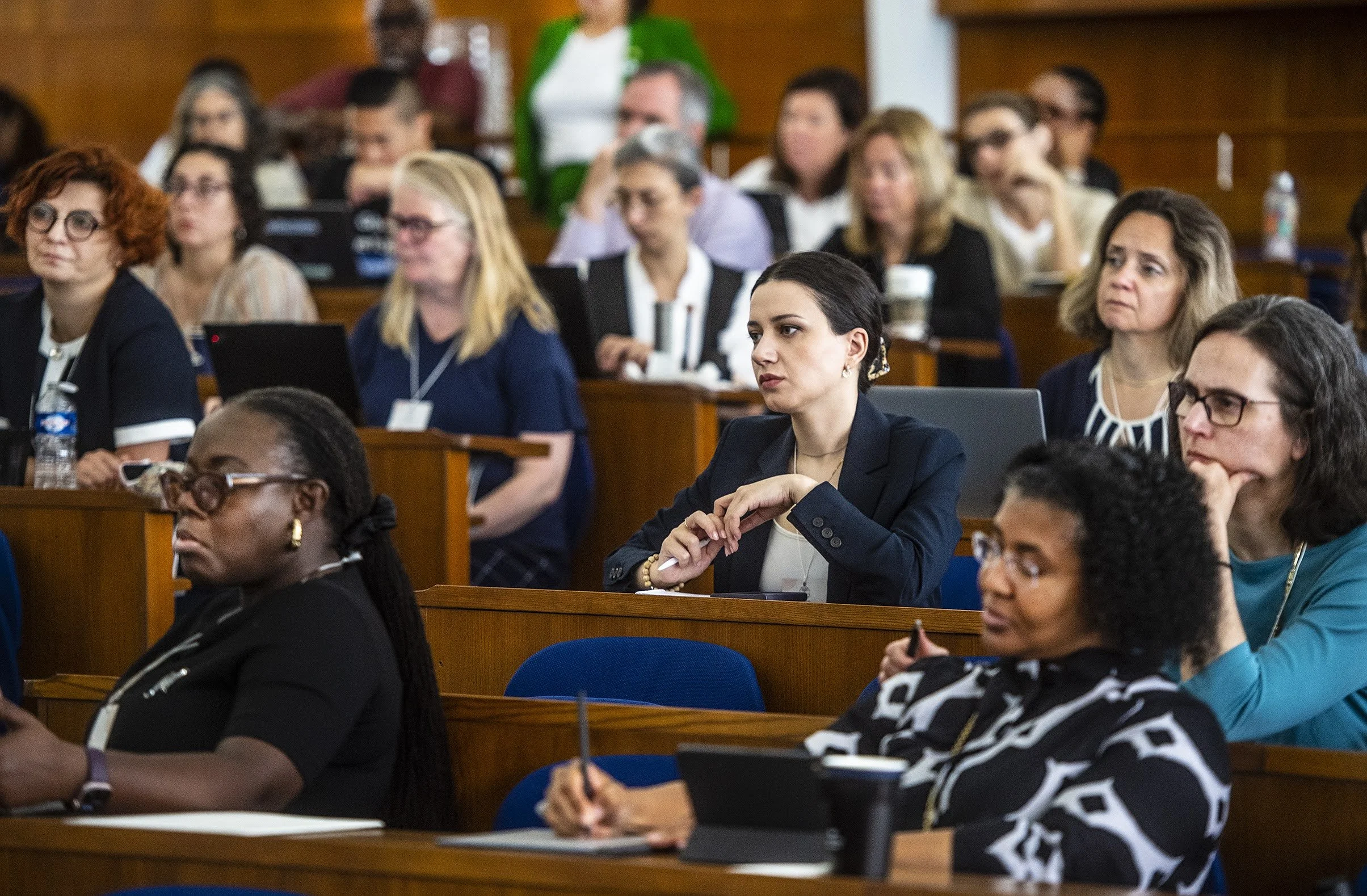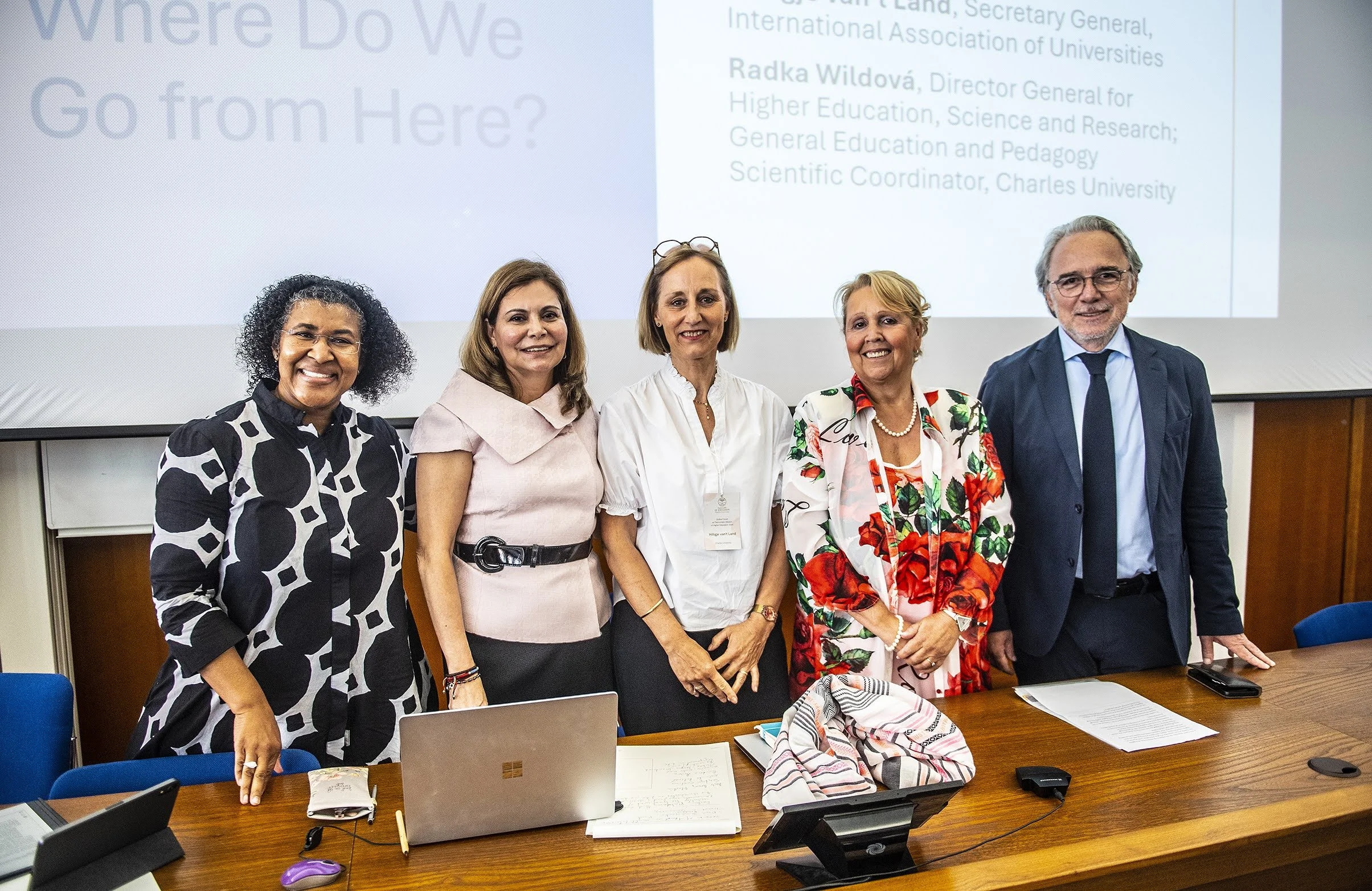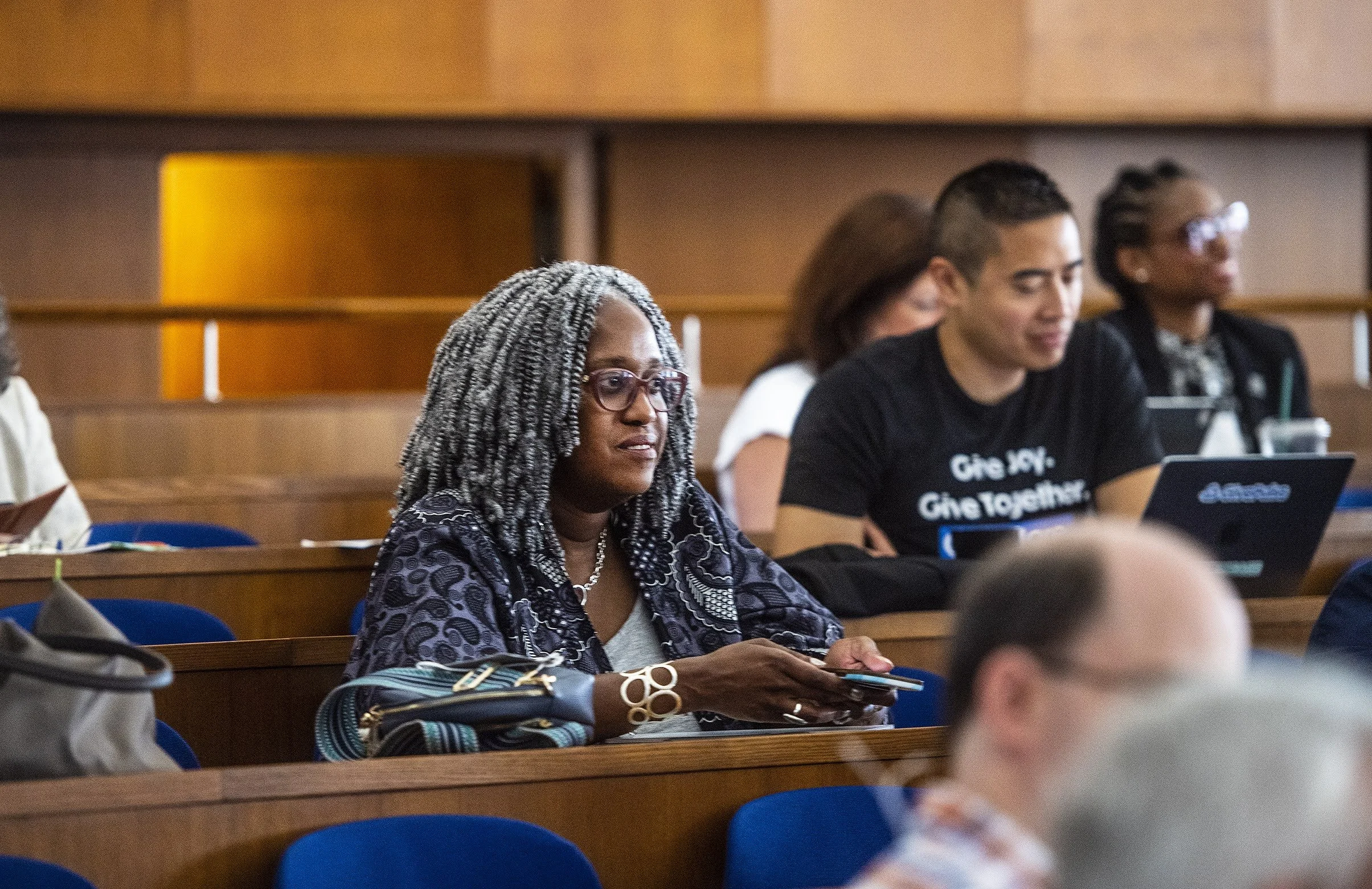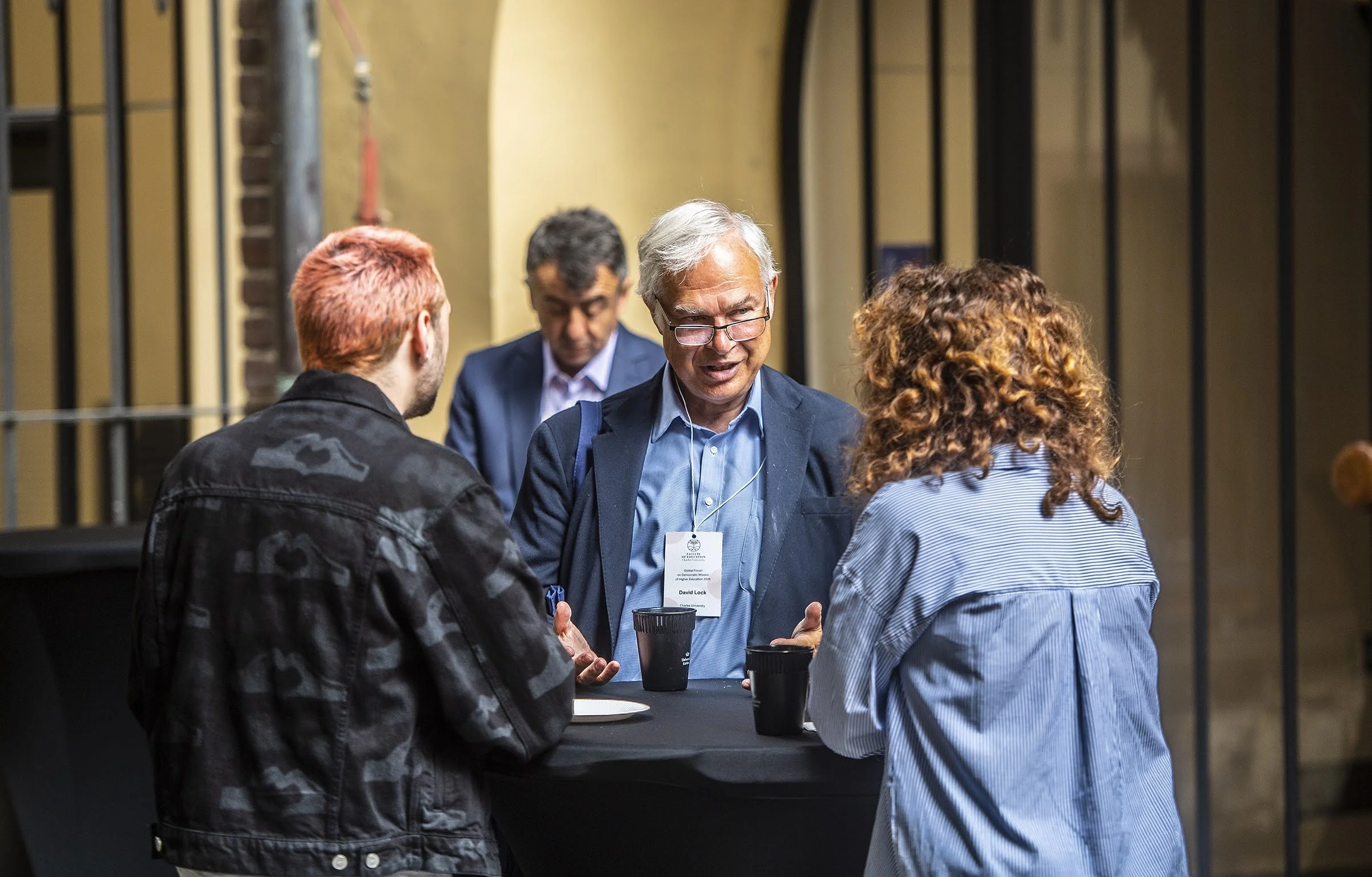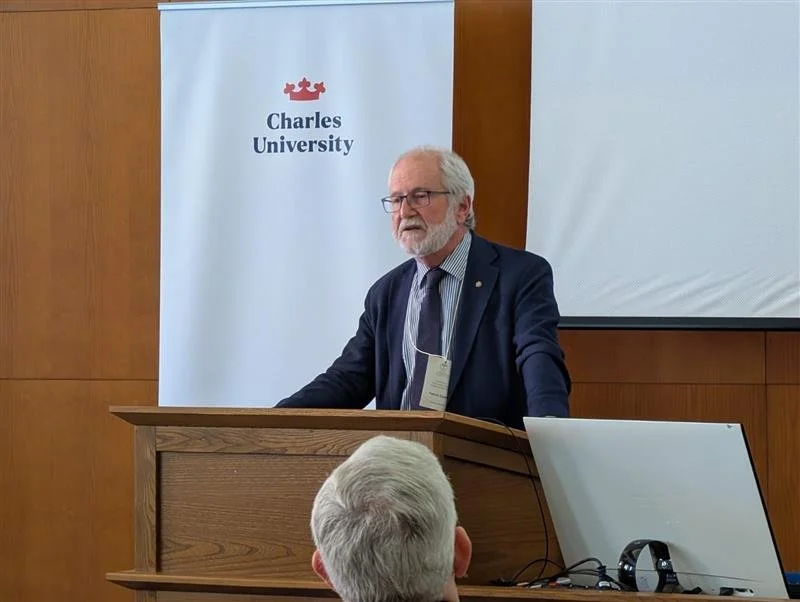What Role for Universities in Democracy?
What Role for Universities in Democracy? IAU Reflections from the Global Forum at Charles University
In early June 2025, the Global Forum convened at Charles University to reflect on the evolving role of universities in fostering democratic societies. In a time marked by polarization and declining trust in institutions, the Forum offered a timely space for dialogue on how Higher Education can—and must—rise to the challenge.
Discussions focused on the urgent need for universities to reaffirm their societal mission. Participants emphasized that the democratic promise of knowledge depends not only on what we teach, but how we teach, communicate, and engage with the public. As speakers noted, science as it stands today is not democratic—and if we are to rebuild public trust, Democratizing Knowledge and higher education must be at the heart of institutional reform.
A recurring theme was the importance of communication. Universities must do more to explain their value proposition—not only to policymakers but also to the broader public. Fees remain high; purposes are often unclear; and the perception of exclusivity persists. Miscommunication has eroded trust, and the Forum urged institutions to reflect on their own role in shaping public perceptions.
Speakers also tackled structural issues—from tuition fees and student debt to governance and merit systems. Calls were made to open up higher education, strengthen community engagement, and deepen academic solidarity. The concept of academic freedom was framed not only as a right to protect but as a public good—a necessary foundation for democratic societies.
Universities must lead by example: acting as democratic institutions, fostering civic skills, encouraging interdisciplinary teaching and research, and working in closer dialogue with society. Their mission is not eternal—it must be actively renewed.
Patrick Deane, Principal of Queen's University (Canada), Vice-President of the International Association of Universities (IAU), and President of the Magna Charta Observatory, delivered the keynote address️ “Envisioning the Future of Democratic Engagement in Higher Education.”
At a pivotal moment for higher education and democracy, he delivered a compelling keynote exploring the deep links between academic freedom, institutional autonomy, and civic responsibility. Drawing on personal experiences from apartheid-era South Africa to today’s global challenges, he emphasized that universities must resist the pressures to appease or remain silent in the face of political hostility.
Deane called on institutions to recommit to educating students in the core principles of democracy and to uphold academic values not as entitlements, but as responsibilities to society. The survival of universities, he argued, must never come at the cost of their democratic purpose.
The International Association of Universities (IAU) was proud to take part in the Forum and reinforce these critical conversations. At the IAU, we advocate for the core values of higher education as a public good, promote academic freedom and institutional autonomy, and support institutions in fostering inclusive, democratic societies. Through our global networks, research, and policy dialogue, we continue to work with universities worldwide to advance their role in building more just, open, and democratic societies.
At this critical juncture, the Forum made clear that universities have both a responsibility and an opportunity to demonstrate their democratic mission—not only through words, but through intentional, inclusive action.
Learn More:

